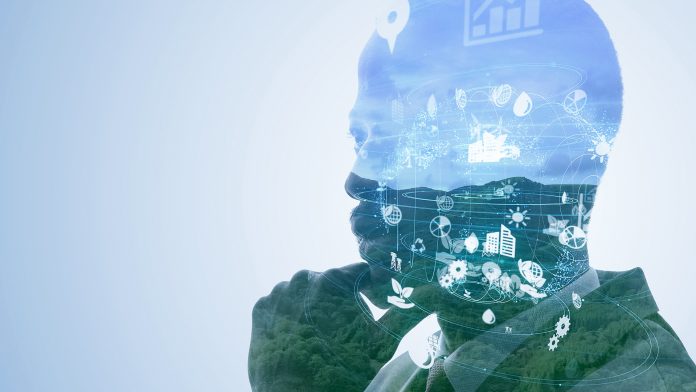REIA partners with four organisations to develop a blockchain based circular system to help strengthen transition into a circular economy, through tracking and traceability of critical materials.
What is REIA?
The global Rare Earth Industry Association (REIA) is aiming to enable sustainable, responsible, collaborative, and transparent rare earth value chains, from mining to recycling. They provide a platform for stakeholders to network, conduct research, and develop strategies and supply chain standards.
In this project in particular, REIA intend to provide knowledge on supply chain stakeholders and processes.
What other organisations are involved in this project?
REIA will work with four other partners throughout the entirety of this three-year project: BEC GmbH, Circularise, Grundfos, and Minviro.
The venture was funded by EIT RawMaterials, and those involved are making a collaborative effort to build a blockchain based Circular System for Assessing Rare Earth Sustainability (CSyARES). Success in doing so would mean an improvement in companies’ transparency and the sustainability of their supply chains when it comes to critical and rare earth materials.
Why are rare earth metals in such high demand?
Rare earth metals are projected to reach a demand of 315,000 tonnes by 2030, which is a concern because they are irreplaceable in the technology they are utilised for, such as wind turbines, electric vehicles, computers, and the defence industry. Therefore, the escalating necessity for these metals, combined with resource shortages and supply chain distributions, means the industry needs to rely on sustainably mined and processed metals more than ever.
What has been the response to this realisation?
Thus, a transition into a circular economy is considered imperative, and governments worldwide have been incentivising companies to adopt sustainable practices, such as e-waste recycling. The European Raw Material Alliance (ERMA) action plan emphasised that boosting supply security through better cooperation and communication between stakeholders is of primary importance.
This means that rare earth metal suppliers must not only improve their sustainability, but also prove their compliance and quality criteria to both customers and regulators.
How will the goal of better sustainability be achieved?
Developing an innovative CSyARES is significant in achieving these goals. In this venture, the partnering organisations intend to:
- Integrate REIA’s standards on assessing sustainable performance and Minviro’s LCA tool with Circularise’s blockchain software for supply chain traceability and transparency
- Allow Grundfos and BEC GmbH to test the system and business model and trace and measure the environmental impact of their supply chains. This will be conducted in cooperation with REIA members.
What will this mean for companies?
This project will contribute to the circular economy transformation in the rare earth elements, including those that rely on these particular metals to create items such as, electronic equipment; it will produce new business prospects for manufacturers and recyclers, and allow downstream players to ensure sustainable practices throughout their supply chains.









